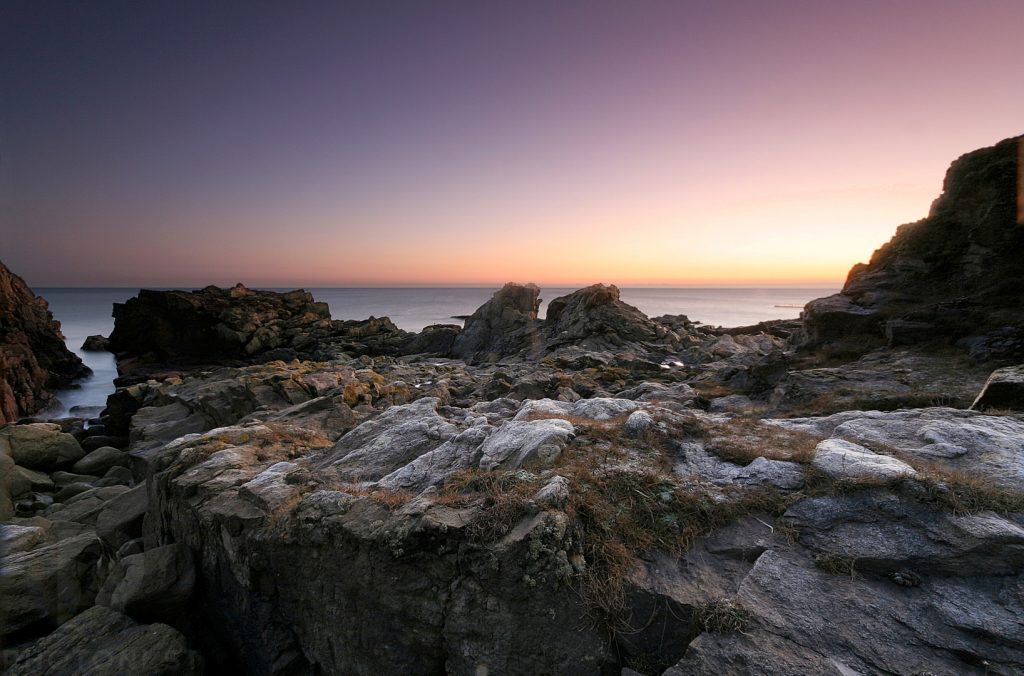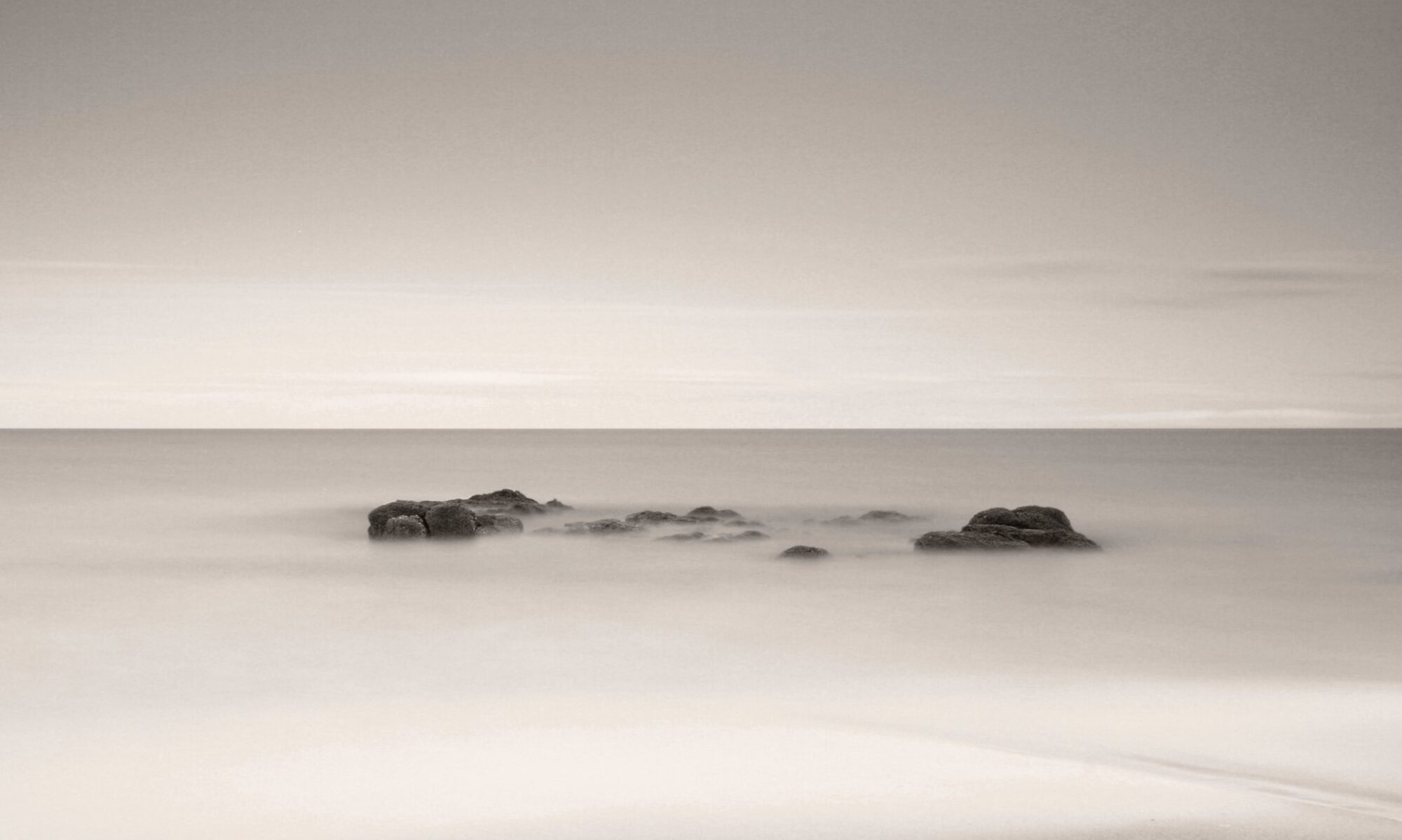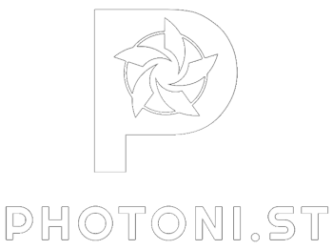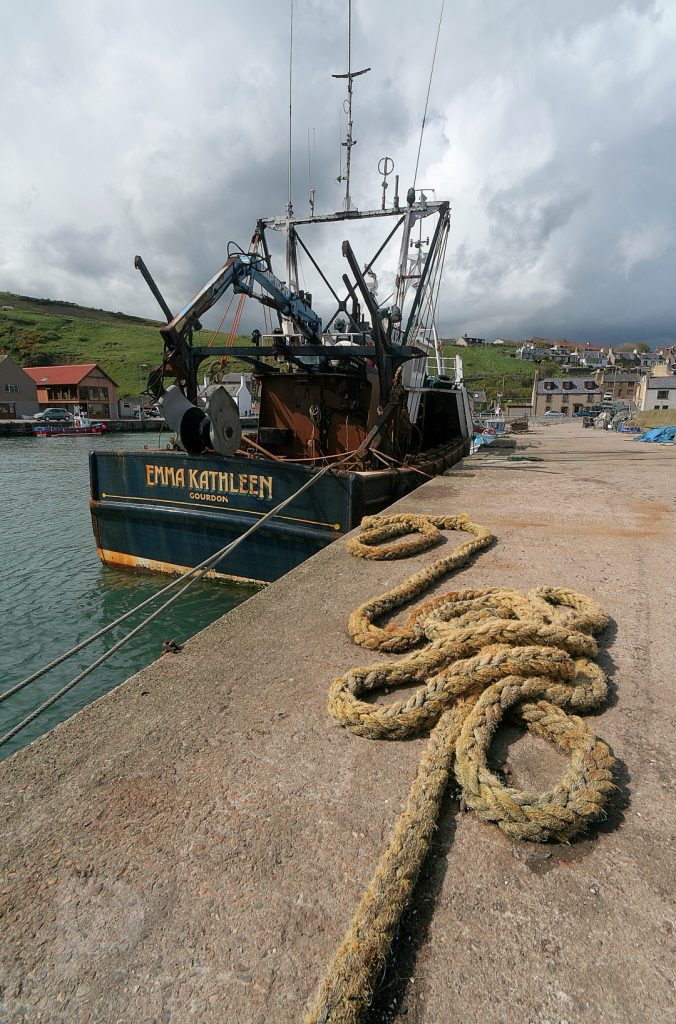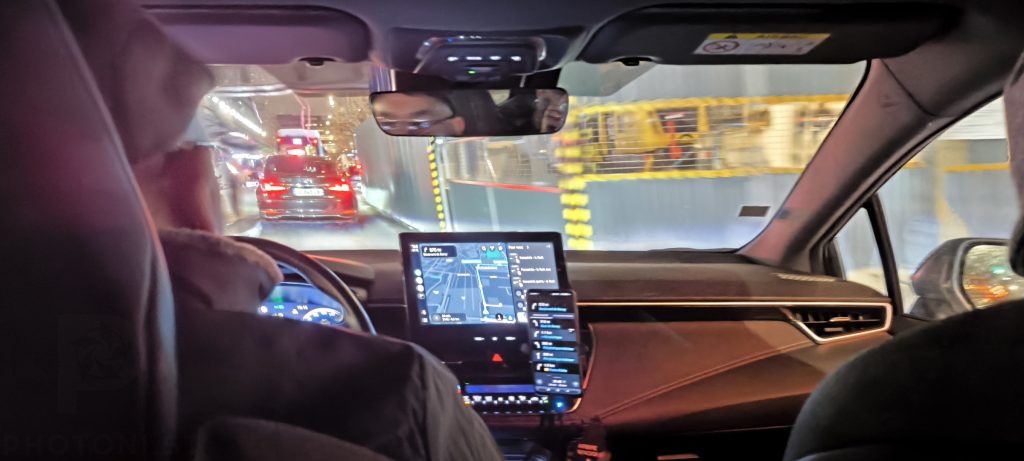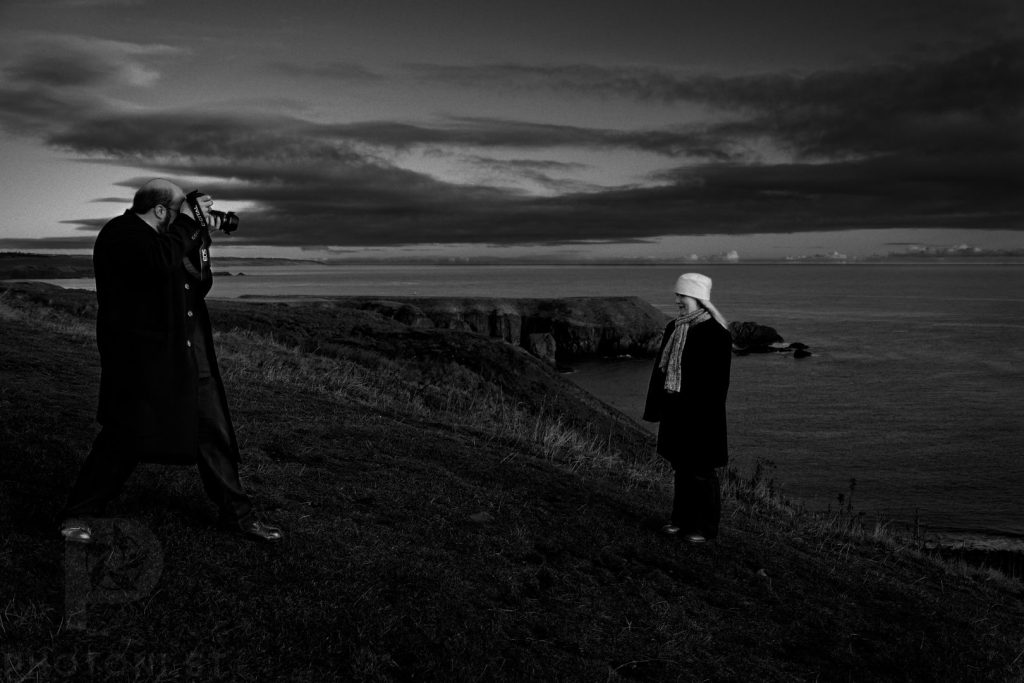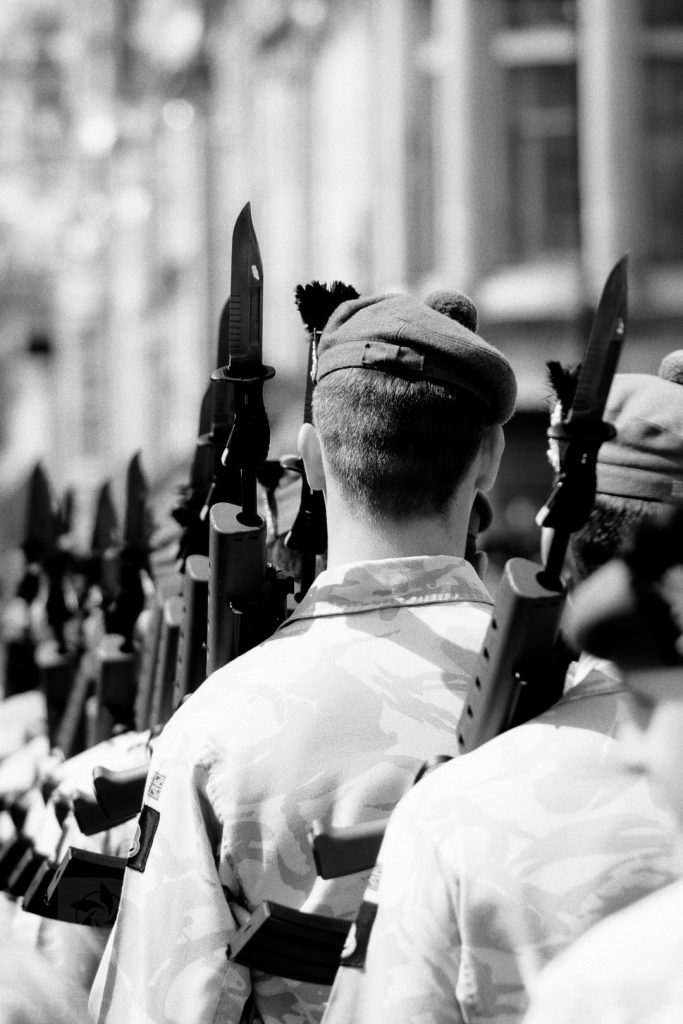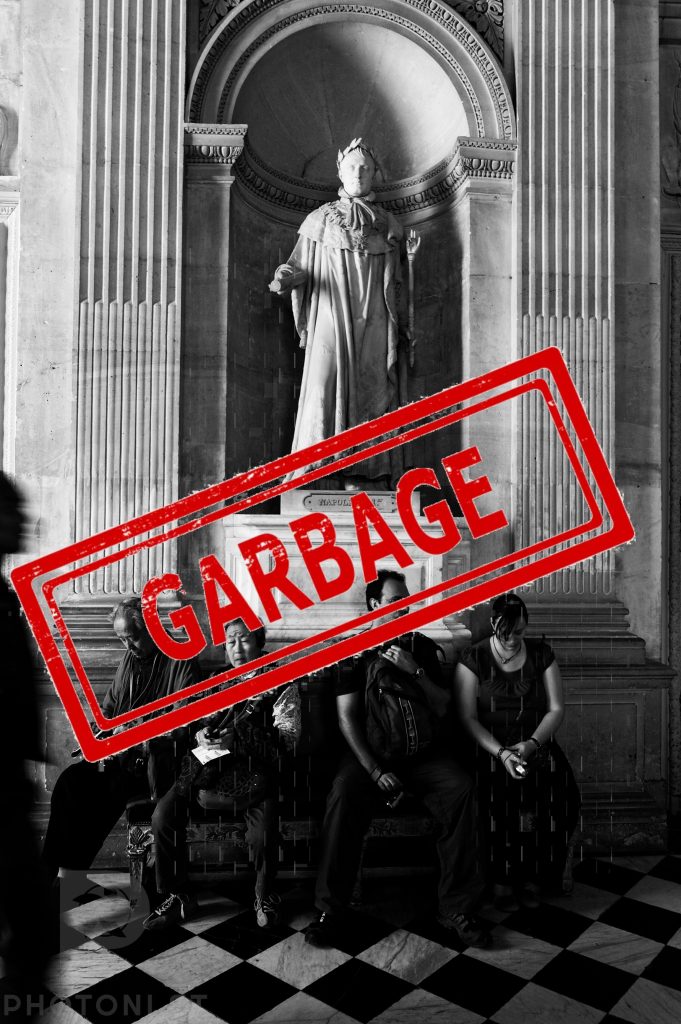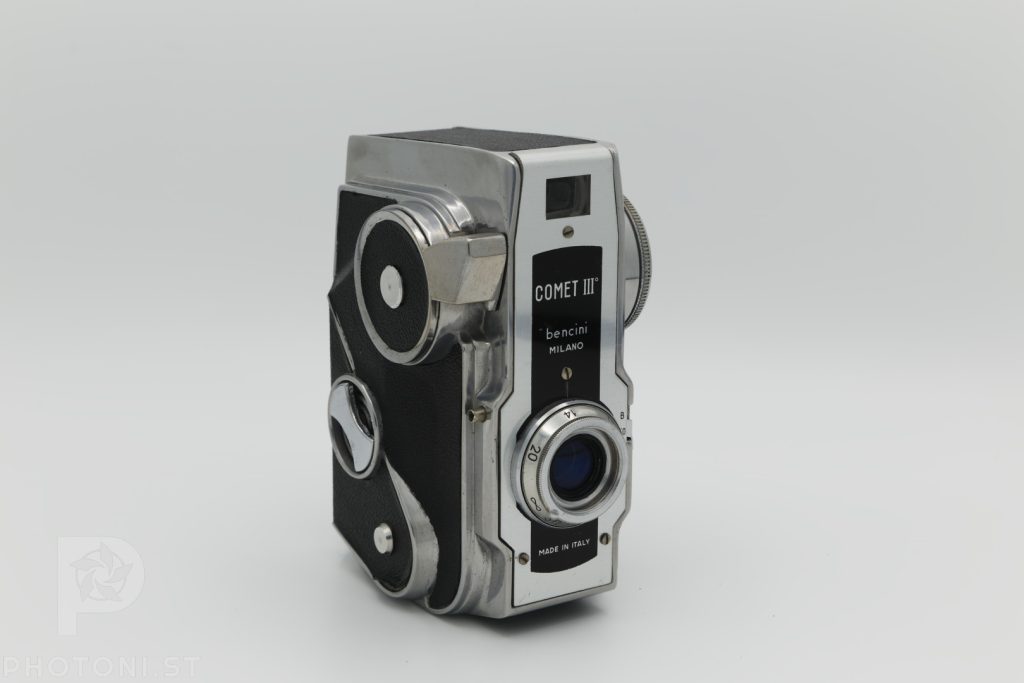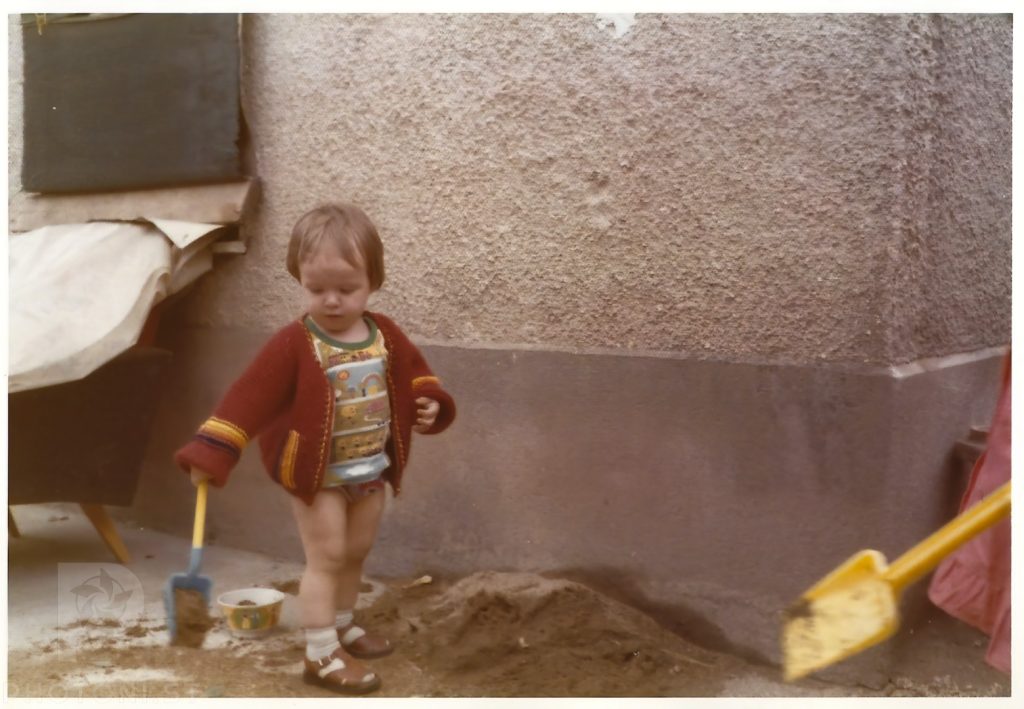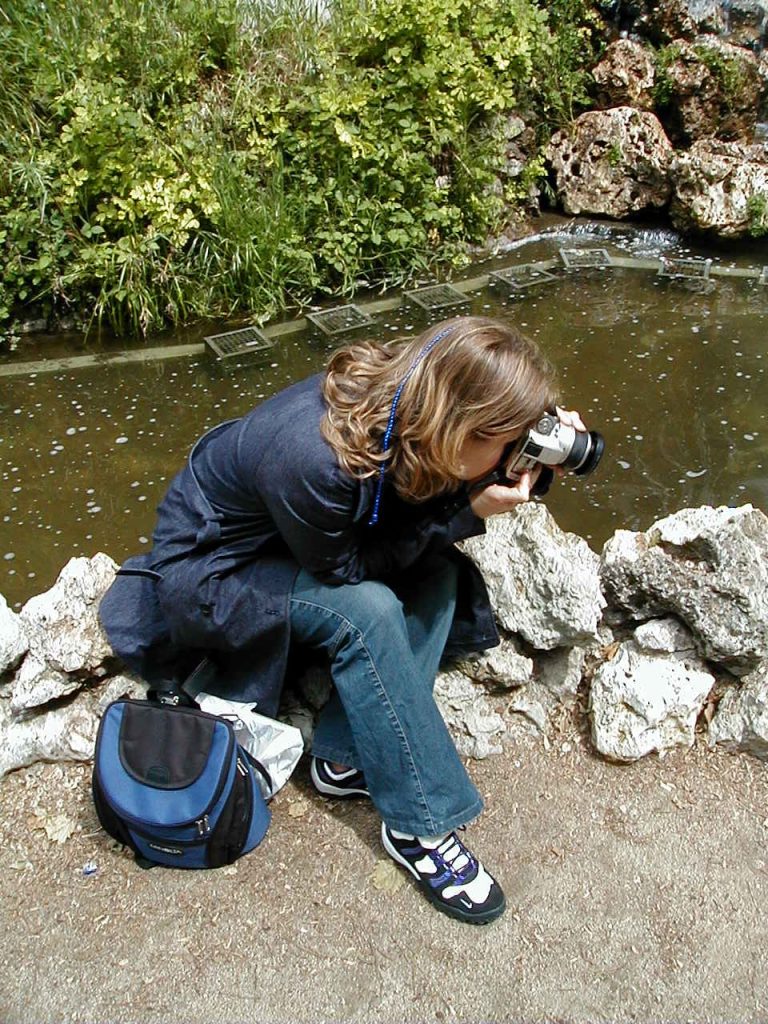Ansel Adams talked about pre-visualisation as the foundation of his photographic method. He could see the final print before making the exposure, knowing exactly what the image would look like after development and printing. Not just approximately but precisely. The vision came first, complete and detailed, and the technical process existed to manifest that internal image in physical form.
If you can do that, if you can see the finished photograph in your mind before you press the shutter, your entire approach to photography centres on capturing that vision. You’re trying to match what you see in your head with what the camera records. The image exists first internally, then you make it real through technical execution. Vision precedes and guides craft.
